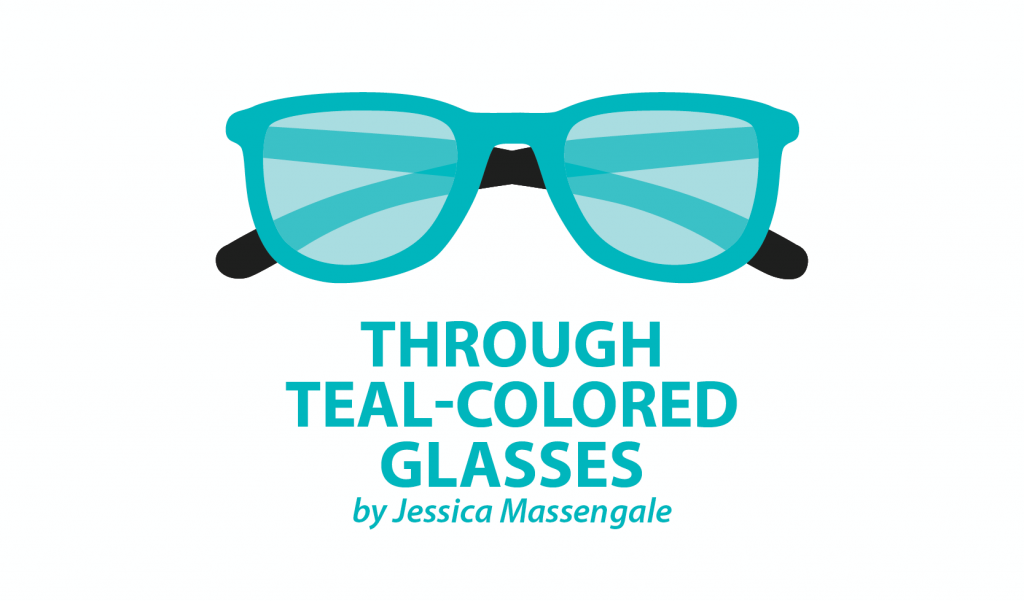The Good, Bad, and Ugly of Coping Through Social Media
Written by |

Facebook recently announced it has reached 2 billion monthly users worldwide. This means that a quarter of the world is using Facebook. Social media has become one of the main platforms of communication for many in this day and age. It is one of the most powerful tools used to reach a large number of people and receive instant feedback. It allows a diverse range of people to come together based on things they have in common.
Scleroderma groups are growing day by day, and they offer different forums of advice for patients. But, like everything else in life, this is both positive and negative.
For many, as soon as they open their eyes in the morning, their phone is the first thing they check. If what we see on our news feeds is something negative, it can affect how the rest of our day goes. For chronically ill patients, it’s very important to start the day with a clear head, since we face many obstacles and frustrations. Our mind is one of the single-most powerful muscles in our body, and we have to be careful what we expose it to.
Social media’s common ground
Some patients use Facebook as a way to vent about a variety of topics pertaining to their disease. It can be an easy way to keep others aware and connect with those who understand exactly what we’re going through. But sometimes it can make one seem very negative if they share only the bad things that happen. A whirlwind of different things happen to our bodies, and social media can be an appealing outlet when those in real life don’t understand. It’s a quick way to garner instant sympathy. But the attention can be addicting and can mislead the patient to use social media as a main coping mechanism.
When I was first diagnosed with scleroderma, I joined many groups. But soon after, I left them because I couldn’t handle seeing all of the different things that possibly could go wrong. I also grew tired of all the complaining, and other patients encourage complaining because they are also feeling like crap. This creates a vicious cycle of misery, and when you zone in on all of the horrible things scleroderma has done to you, it can be hard to enjoy small moments of happiness right before your eyes.
That’s why I decided to create my own Facebook page so I could share my trials AND tribulations, while educating the masses. Sometimes I do lay out my frustrations, but I try not to make that the main focus of the mission. It can really affect my friends, family, and followers if I’m in pain or sad, because they may feel helpless while viewing my struggle through a screen.
We have to find a way to cope besides spilling our hearts out online. Yes, it is nice to vent to other people, but there are other ways to clear our heads. Having a conversation with someone about what’s going on is a good way to talk out what you’re going through; it may be with someone you met online. Writing down all of your emotions and complaints can help cleanse your thoughts. Seeing a psychologist also is a great way to get a medical professional’s perspective and advice on how to handle the variety of emotions we go through. Inspire is a great online forum for searching questions and topics specifically pertaining to scleroderma.
My favorite way to clear my head is by going on a walk or writing. I understand that not everyone wants to constantly hear about my ever-failing body, so I’ve found ways to release these emotions without social media.
Find something you can focus your energy on and try to release some of those negative emotions. The life we live is far from easy, devastating at times, but we are being recreated through all of this, and it’s too late for “what ifs.” Scleroderma is teaching us something new every day; we just have to pay attention and gain what we need to strengthen our situation.
***
Note: Scleroderma News is strictly a news and information website about the disease. It does not provide medical advice, diagnosis, or treatment. This content is not intended to be a substitute for professional medical advice, diagnosis, or treatment. Always seek the advice of your physician or other qualified health provider with any questions you may have regarding a medical condition. Never disregard professional medical advice or delay in seeking it because of something you have read on this website. The opinions expressed in this column are not those of Scleroderma News, or its parent company, Bionews Services, and are intended to spark discussion about issues pertaining to scleroderma.







Susan Meister
Thanks for the reminder to keep positive. and the reminder about the Inspire site, I forgot about it and when I was first diagnosed it was such a blessing! Keep moving forward.
Regards,
Sue
Barbara Martinez
Jessica, I agree with you, I had gone several times to these meetings. Left me more depressed, I have had Scleroderma for twenty three years, I am 68 years old.